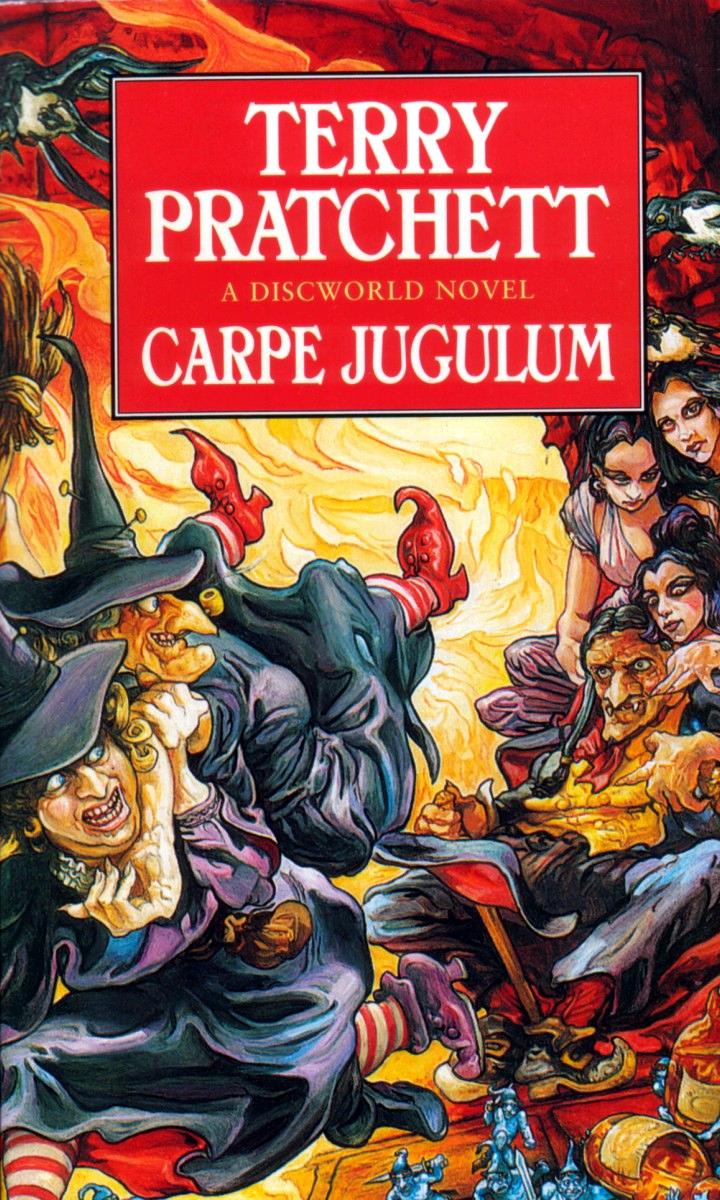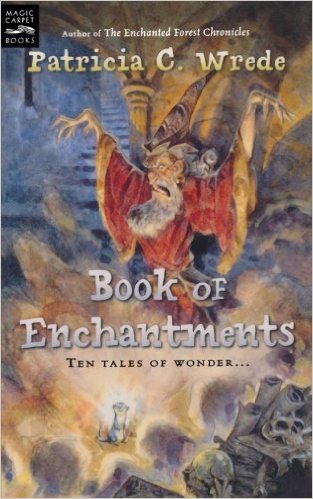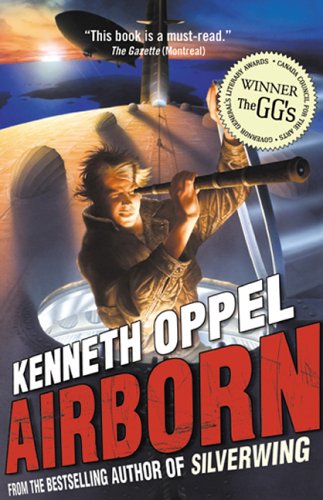[button color=”black” size=”big” link=”http://affiliates.abebooks.com/c/99844/77798/2029?u=http%3A%2F%2Fwww.abebooks.com%2Fservlet%2FSearchResults%3Fisbn%3D9780062280145″ target=”blank” ]Purchase here[/button]
The 23rd Discworld tale is cute, as Discworld tales go. The Lancre coven of witches (Granny Weatherwax, Nanny Ogg, Queen Magrat and Agnes/Perdita Nitt, a fat girl with a split personality) are confronted by a ruthless cadre of modern vampires — vampires who have shaken off the superstitions that made them vulnerable to sunlight, garlic, holy water, sacred images, etc., etc. — vampires who are no longer stupid enough to be easily killed.
Which means, really awful vampires, who think they are really nice because they dress in modern fashions and make polite arrangements with the townspeople to suck a little of their blood at a time (kind of on a lottery basis) so that they don’t use up the human livestock, but kind of milk them over a long period of time. This is actually much worse than being terrorized by a vicious people-predator who, at least, couldn’t get into your house if you didn’t invite him in, and who had the decency to get killed once in a while.
Leading the invasion are the Count Magpyr and his wife, the Countess, and their two eternally teenaged children, Vlad and Lacrimosa. Vlad is a charmer who falls senselessly in love with Agnes (probably because he can’t read her mind, and that intrigues him), and Lacrimosa is the sort of unholy monster who, if she was a human girl, would pull wings off of flies. The count controls a flock of magpies that act as his eyes and ears. And of course they can control people’s minds, they can turn people into vampires if they want to, and they can move faster than the eye can see, which makes them pretty near unkillable.
Enter the extraordinary Granny Weatherwax, who seems to have met her match at last…or has she? And then there’s Nanny Ogg, who with her vast family connections can organize a spontaneous, torch-waving mob at the spur of the moment. And sweet-natured Agnes, whose nasty alter-ego Perdita (the proverbial skinny girl in a fat girl’s body) turns out to be her saving grace. And don’t forget Margat, who comes out of retirement with a vengeance to protect her newborn daughter and her well-meaning but ineffectual husband, King (formerly Fool) Verence II.
Of course the other Lancre regulars pop up: Nanny’s oldest son Jason, the burly blacksmith; Nanny’s youngest son Shawn, the one-man army (actually, he’s pretty much a one-man Executive Branch of the government, which includes everything from cleaning out the privies to stamping passports and disigning a Lancrastrian Army Knife); and the much-bitten royal falconer, whose name alone–Hodgesaargh–is worth a good laugh any day.
Also, a new creature enters the narrative: the Pixies, specifically the clan known as Nac mac Feegle, a bunch of little blue men with red hair and pointy hats who, on closer examination, are actually covered from head to toe with blue tattoos. The Pixies love drinking, fighting, and stealing cows more than anything, and though they are only six inches tall they are so strong that four of them can pick up a cow (by the hooves) and carry it away at high speed. They also speak an incomprehensible dialect, which I think is supposed to be some kind of highland Scots, but it’s entertaining to TRY to understand it.
Speaking of dialects, prepare also for Igor the stitched-together, reanimated servant who talks in a Sylvester-the-Cat lisp and whose appropriately-named dog Scraps becomes the focus of the funniest joke in the book. And I shouldn’t neglect to mention that there’s also a phoenix in this book, but in conception very different from J. K. Rowling’s Fawkes.
All this is entertaining. But I had a problem with this book. There was another character, an Omnian priest named Mightily Oats, who is shall we say, one of those troubled young pastors in a pluralistic age who has trouble believing the religion he is supposed to teach. As he goes through a crisis of belief I had the sense that Pratchett was delivering his own thinly-veiled apologetic for unbelief, which I thought was needlessly preachy and frankly hostile to the whole concept of orthodox religious belief. Oats himself goes through a kind of religious conversion in this story. On a narrative level it’s satisfying, but on a theological level it’s pretty shlocky. So with that reservation I recommend Carpe Jugulum.
Recommended Age: 14+




